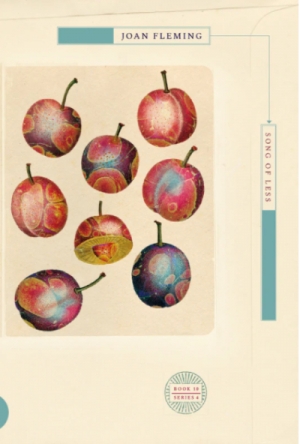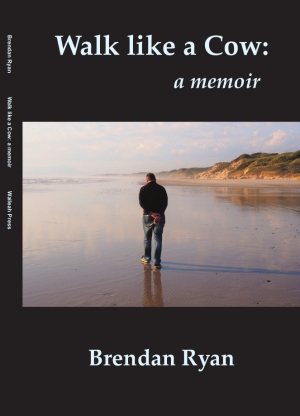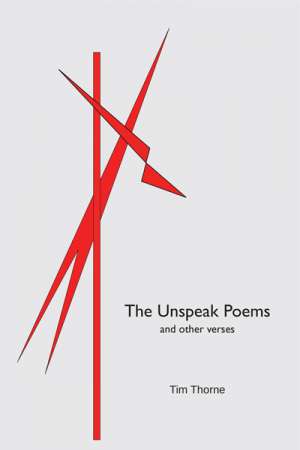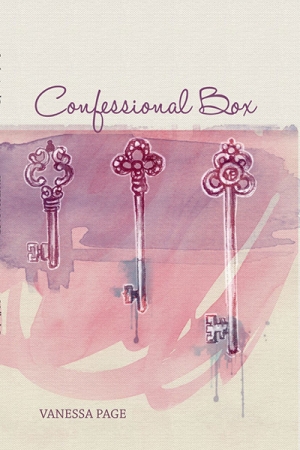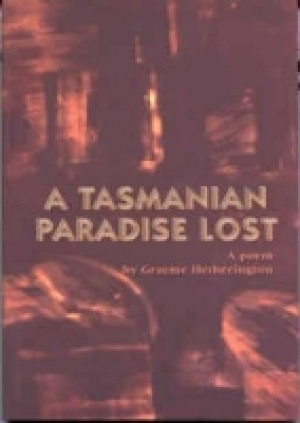Walleah Press
Geoff Page reviews 'Song of Less' by Joan Fleming and 'Blight Street' by Geoff Goodfellow
In the years since Les Murray’s The Boys Who Stole the Funeral (1980) and Alan Wearne’s The Nightmarkets (1986), the verse novel has become, despite its inherent difficulties, an established literary form in Australian poetry (and fiction, for that matter). Verse novelist Dorothy Porter (1954–2008), with The Monkey’s Mask (1994) and other works, gave it further prominence. Steven Herrick is just one of the poets who are making it an important part of the Young Adult field. A series of interviews with Australasian verse novelists (The Verse Novel), edited by Linda Weste, has recently gone into a second edition.
... (read more)Aidan Coleman reviews 'Walk Like a Cow: A memoir' by Brendan Ryan
‘The first forty years of life furnish the text, while the remaining thirty supply the commentary,’ Arthur Schopenhauer remarked in The Wisdom of Life and Counsels and Maxims. While the timespan is different, the proportions are similar. Brendan Ryan’s Walk Like a Cow, which focuses predominantly on the poet’s first twenty-five years, has been written over roughly two decades. The memoir features twenty-seven largely self-contained chapters and nine previously published poems, in a roughly chronological narrative.
... (read more)Peter Boyle’s Enfolded in the Wings of a Great Darkness (Vagabond Press, $25 pb, 82 pp) is a book-length elegiac poem dedicated to his partner, the anthropologist Deborah Bird Rose (1946–2018). Unlike other works lamenting the illness and loss of a spouse, Boyle’s collection largely avoids representing the day-to-day demands of suffering from (or caring for someone suffering from) an incurable disease. Instead, Boyle’s poetry sequence offers a more metaphysical approach to the uncertainty and grief that he and his partner faced.
... (read more)The Unspeak Poems, Tim Thorne’s fourteenth collection, is characteristically politically engaged and international in its scope. The best of these poems make use of Thorne’s acute ear for everyday speech. ‘Gettin’ there’, for instance, sad and memorable, creates through jumpy fragments of wry observations and narrative a picture of misguided hope against loaded odds: ‘The saddest place I’ve ever seen / is the bus shelter outside Risdon prison. / You lose about one teddy bear per eviction / on average.’ The same talent is used to different effect in recording the incoherence of racism in ‘7/11’.
... (read more)Judy Johnson’s sixth collection of poetry brings us a strong range of closely observed, powerful poems. As the title suggests, they are all linked together by elemental themes: the apparent solidity of stone, the persistence of scar tissue, the promises of air, and the complex gifts of water. In their often very ...
It’s simple. A young woman, her love for her partner slipping away, looks at their suburb, and him, and their relationship, and writes bronze-clad poetry about it. Then she takes to the bush, describing its towns and picking at its history with the same clear eye she uses to examine her lost love. She combines a photographic exactness with a resounding turn of phrase and an ability to use a refrain just enough and no more.
... (read more)Brian Edwards reviews ‘Other Gravities’ by Kevin Gillam and ‘A Tasmanian Paradise Lost’ by Graeme Hetherington
In the first part of his new collection, Graeme Hetherington returns to the cultural territory he presented, differently registered, in In the Shadow of Van Diemen’s Land (1999). This is the west coast of Tasmania, reconstructed this time, in ‘West Coast Garden of Eden’, as the provocative place of his childhood, an Eden after the Fall in which innocence has long before succumbed to temptation. The twenty-seven parts of ‘For Boyd’ present Boyd as the narrator’s schoolmate, a son of working-class parents who has Paul Newman looks, a careless disregard for all forms of authority, an impressive and precocious sexual appetite, and a rebel’s capacity for mischief.
... (read more)
